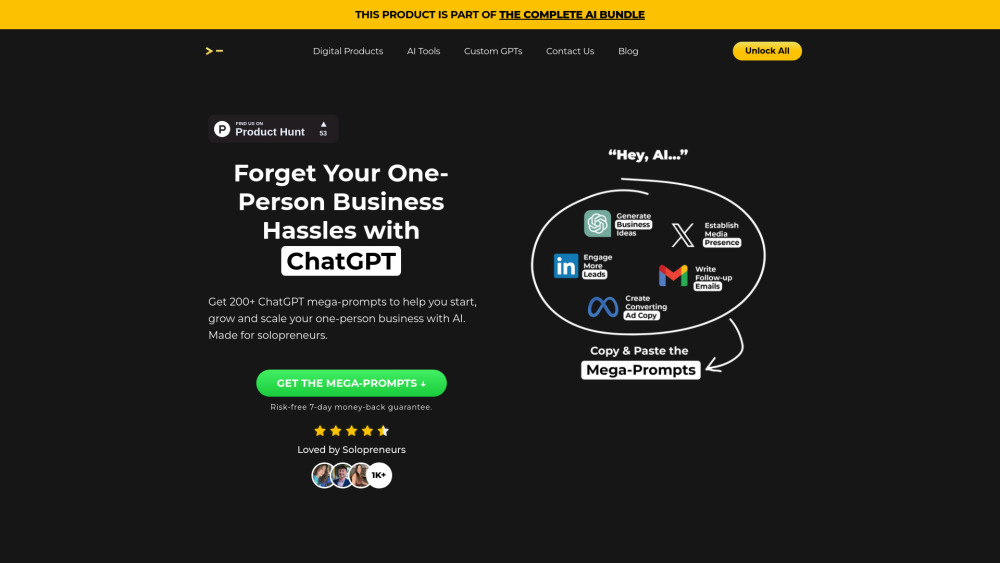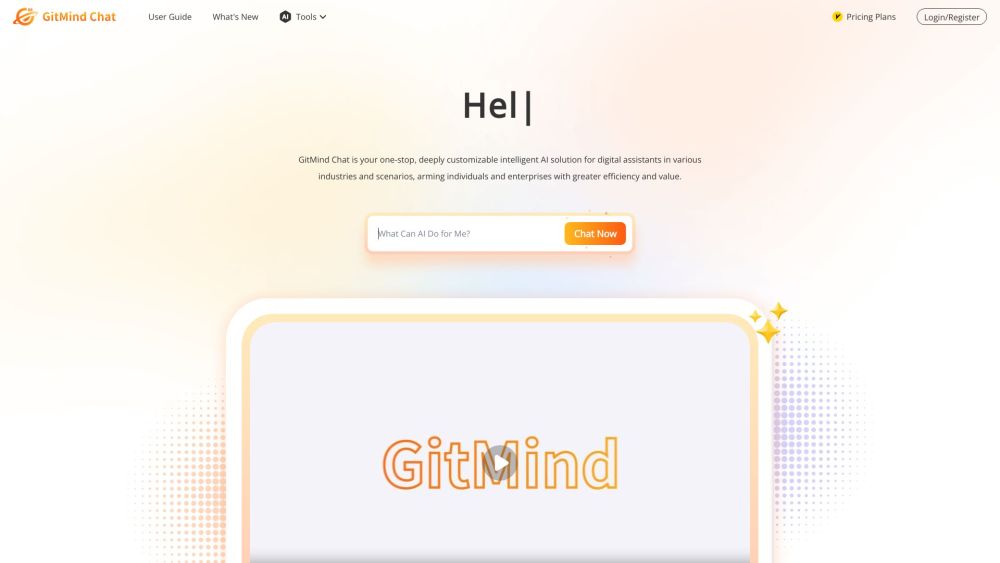Eric Lefkofsky: A Fourth IPO Adventure with Tempus
Eric Lefkofsky is diving into the public listing arena for the fourth time, bringing with him a wealth of experience as a seasoned entrepreneur. With a net worth approaching $4 billion, Lefkofsky has previously taken three companies public, and now he’s at the helm of Tempus, a cutting-edge genomic testing and data analysis firm gearing up for an Initial Public Offering (IPO).
Lefkofsky first gained fame as the co-founder of Groupon, which debuted publicly in 2011 with a hefty valuation of nearly $13 billion. However, Groupon faced a series of challenges post-IPO, contrasting the smoother trajectories of Lefkofsky's two earlier ventures: InnerWorkings, which went public in 2006, and Echo Global Logistics, which followed in 2009. InnerWorkings, a supply chain company he established in 2001, was sold to private equity in 2021 for significantly less than its initial public market cap. Conversely, Echo Global Logistics enjoyed steady stock price growth, ultimately being acquired by private equity at a 50% premium over its last trading price in 2021.
Groupon's contentious journey has been marked by controversies, including reports alleging that Lefkofsky personally profited over $300 million during the company’s pre-IPO financing, which reportedly left the firm with insufficient working capital. Additionally, following regulatory scrutiny, Groupon had to revise its S-1 filings, significantly reducing its reported revenue. This has led to speculations regarding Lefkofsky’s financial management practices, including his sale of Starbelly.com during the dot-com boom, which later filed for bankruptcy.
Despite past issues, Lefkofsky is keen on establishing Tempus as a lasting entity. The inspiration for Tempus came from his wife’s successful breast cancer treatment; he was struck by the minimal data involvement in her care. “I was perplexed at how little data was a part of her care,” he shared with Forbes, expressing his belief that technology from various industries could enhance cancer care by enabling data-driven decisions.
After stepping down as CEO of Groupon in 2015, when the company’s valuation plummeted to $2.6 billion (compared to its current $600 million market cap), Lefkofsky shifted his focus to Lightbank, an early-stage venture capital firm.
Interestingly, Tempus’s S-1 filing reveals that Lefkofsky has not drawn a salary for the past two years, although he is set to receive an annual salary of $800,000 and a $800,000 bonus starting in 2025. This year, despite foregoing a salary, Lefkofsky has benefited from a $5.3 million dividend from Tempus stock, $7.5 million in preferred shares, and $200,000 for private flight expenses.
In 2023, Tempus reported revenues of $531 million, reflecting a robust 66% increase from $321 million in 2022. However, losses remain substantial, with a net loss of $290 million in 2023 and $214 million in 2022. The silver lining is that the operating loss margin has narrowed from 83% in 2022 to 37% in 2023, indicating potential improvement.
Tempus is collaborating with Pathos AI, another Lefkofsky venture established in 2020 focused on drug discovery. Pathos pays Tempus for licensing data, while Tempus COO Ryan Fukushima doubles as CEO of Pathos, effectively bridging both companies.
Lefkofsky’s influence at Tempus appears substantial; while the S-1 does not yet clarify its principal stockholder details, it confirms Lefkofsky’s ownership of at least 5% of the company. His shares carry a substantial 30 votes each—a noteworthy structure given that typical super voting shares offer about 10 votes each, and 20 votes per share is considered high. This structure underscores Lefkofsky’s intent to maintain considerable control post-IPO.
Industry experts suggest that Lefkofsky’s leadership has been vital for Tempus’s growth, with the company having raised $1.42 billion from a range of investors, including Lightbank, NEA, Revolution Growth, T. Rowe Price, Novo Holdings, Franklin Templeton, and Baillie Gifford. The last valuation for Tempus was approximately $8.1 billion in October 2022.
Nevertheless, the IPO prospectus underscores that Tempus is far from breakeven and will likely require further capital in the future. Although this detail is standard in filings for unprofitable companies, investors may anticipate a follow-on public offering, potentially impacting share prices.
In addition, Tempus is positioning itself in the AI sector, despite AI revenue accounting for only $5.5 million, roughly 1% of total revenue for 2023. “I see Tempus gambling on their growth and ripe timing for AI across life sciences, but I don’t think the company has proven that yet with their current offering,” remarked a healthcare investor.
While Tempus acknowledges in its S-1 filing that its AI product line is still in early development, it aims to integrate AI—including generative AI—across its diagnostic tools.
As Lefkofsky embarks on yet another IPO journey, the market will closely watch how Tempus navigates its ambitious growth objectives, investor expectations, and the competitive landscape of the healthcare technology sector.





